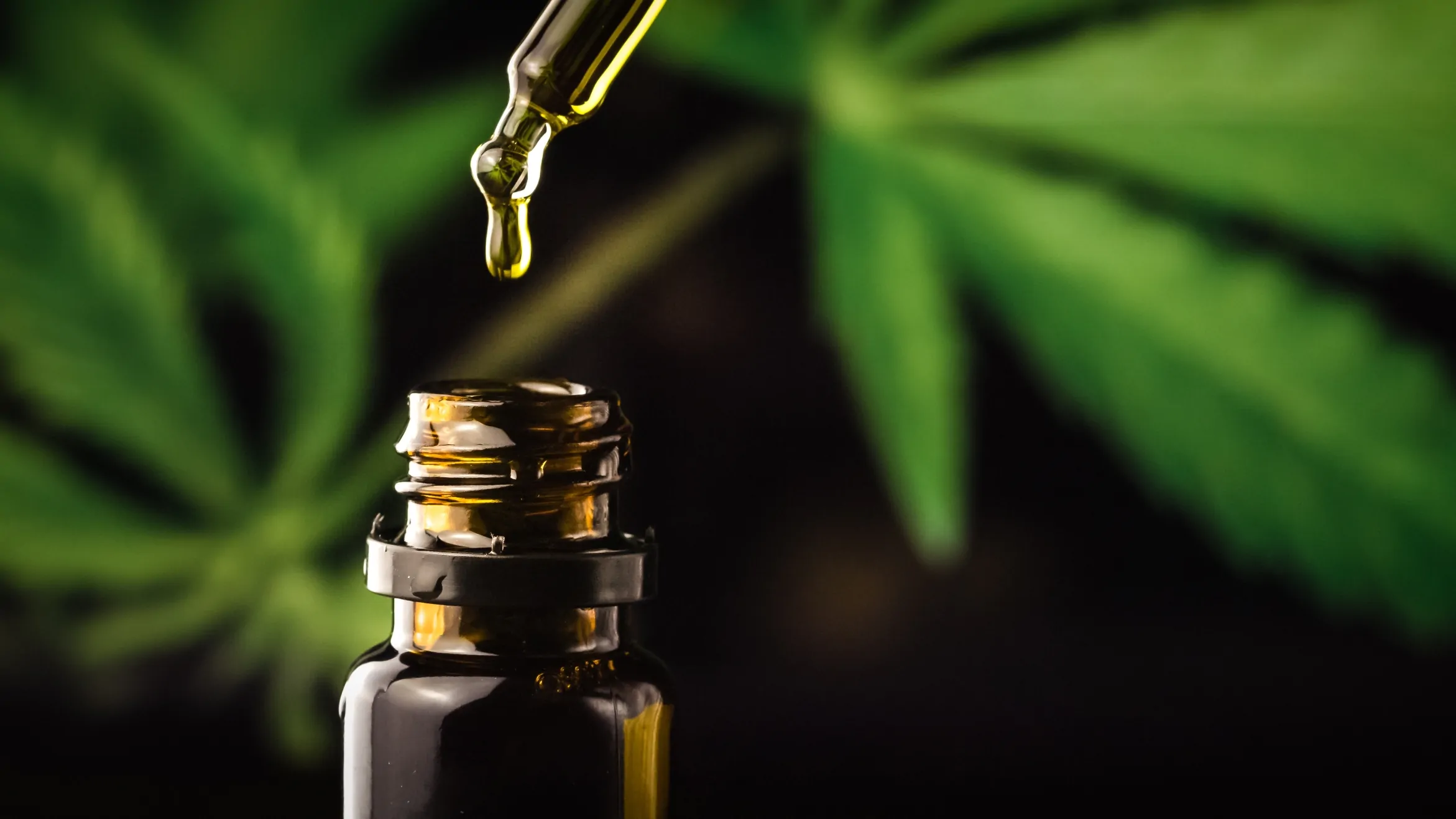|
Getting your Trinity Audio player ready...
|
Attendees at Tuesday’s Alabama Medical Cannabis Association conference got a lot of information— from regulations on prescribers to what bills in this session impacted medical cannabis.
But the big question remains unanswered, at least for a few more days.
John McMillan, executive director of the Alabama Medical Cannabis Commission, led off his speech by apologizing that he would be unable to answer many questions on giving out the licenses.
“Unfortunately, a lot of things I wish I could tell you all about today are really premature,” McMillan said. “I will say this: On June 12 the commission has got some monumental decisions to make.”
It’s been a long process to get to this point—McMillan told attendees that he had never seen such a thorough piece of legislation—with the commission going through two rounds of application processes to get where they are today.
By the April 13 deadline, 90 business had submitted applications.
“Now I wish I could tell you that everybody here is gonna get the exact license you want in the exact category that that you requested them, but it’s not possible—there’s too damn many of y’all trying to get the same thing,” McMillan joked with attendees.
McMillan said the commission will immediately go into executive session upon its 9 a.m. meeting on Monday, and doesn’t have a sure timetable for how long that discussion will take, but told the audience that it would probably be past noon.
The Commission will consider the following number of applications by license type:
- 12 cultivator applications
- 11 processor applications
- 18 dispensary applications
- 9 secure transporter applications
- 2 state testing laboratory applications
- 38 integrated facility applications
The review, evaluation and scoring of applications will inform the Commission’s decisions regarding award of licenses. This information will be based on the merits of each application as expressed by ranked score. The Commission has engaged the University of South Alabama to establish teams of academic evaluators and other qualified individuals to review, evaluate and score business license applications. The Commission has complete discretion as to the number of licenses awarded (not to exceed the limits provided by the Act) and the applicants to whom licenses are awarded.
Once the business licenses have been issued, physicians may begin the certification process to recommend medical cannabis to qualified patients.
To learn more about the Alabama medical cannabis program, view the medical cannabis business license applications, or provide public comment, visit www.amcc.alabama.gov.






















































